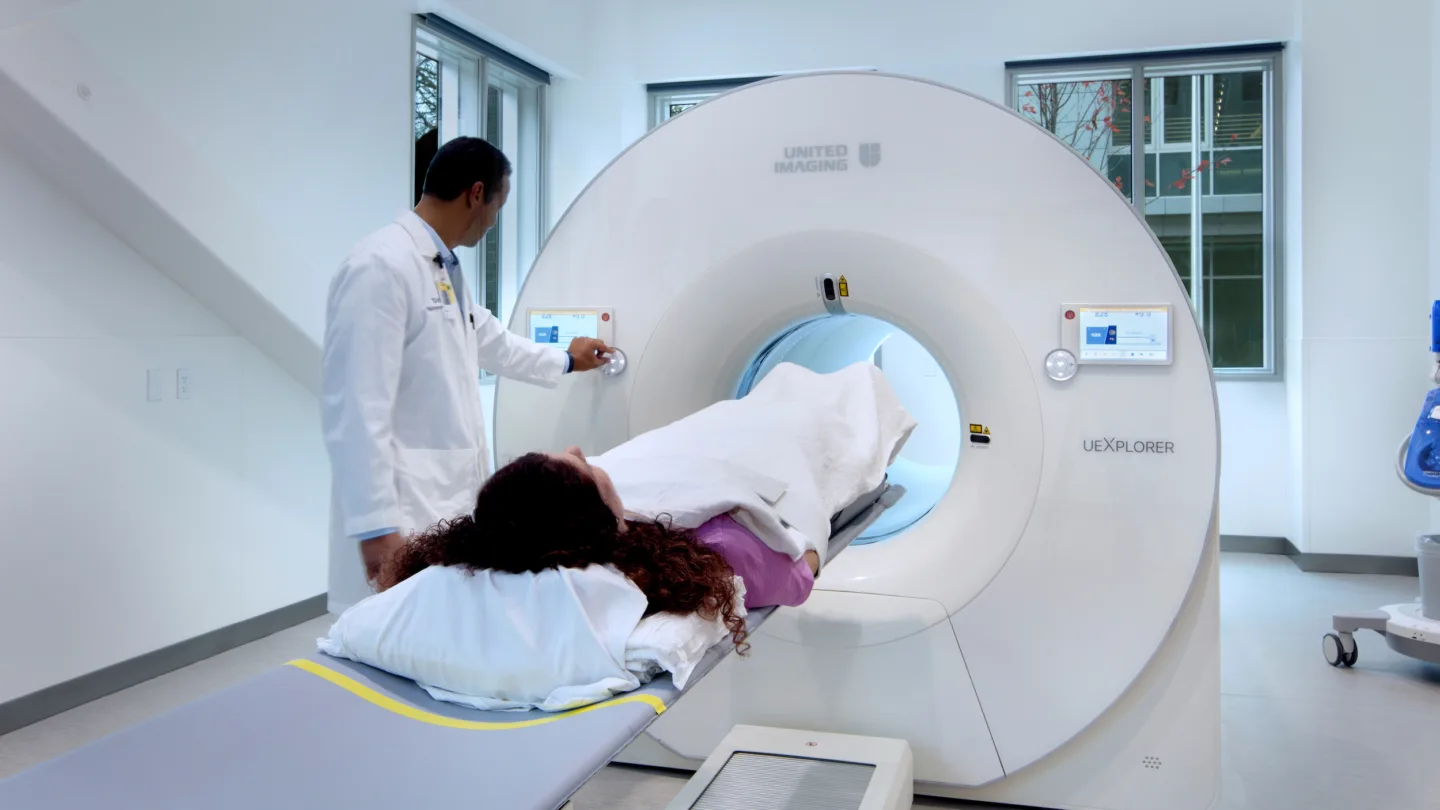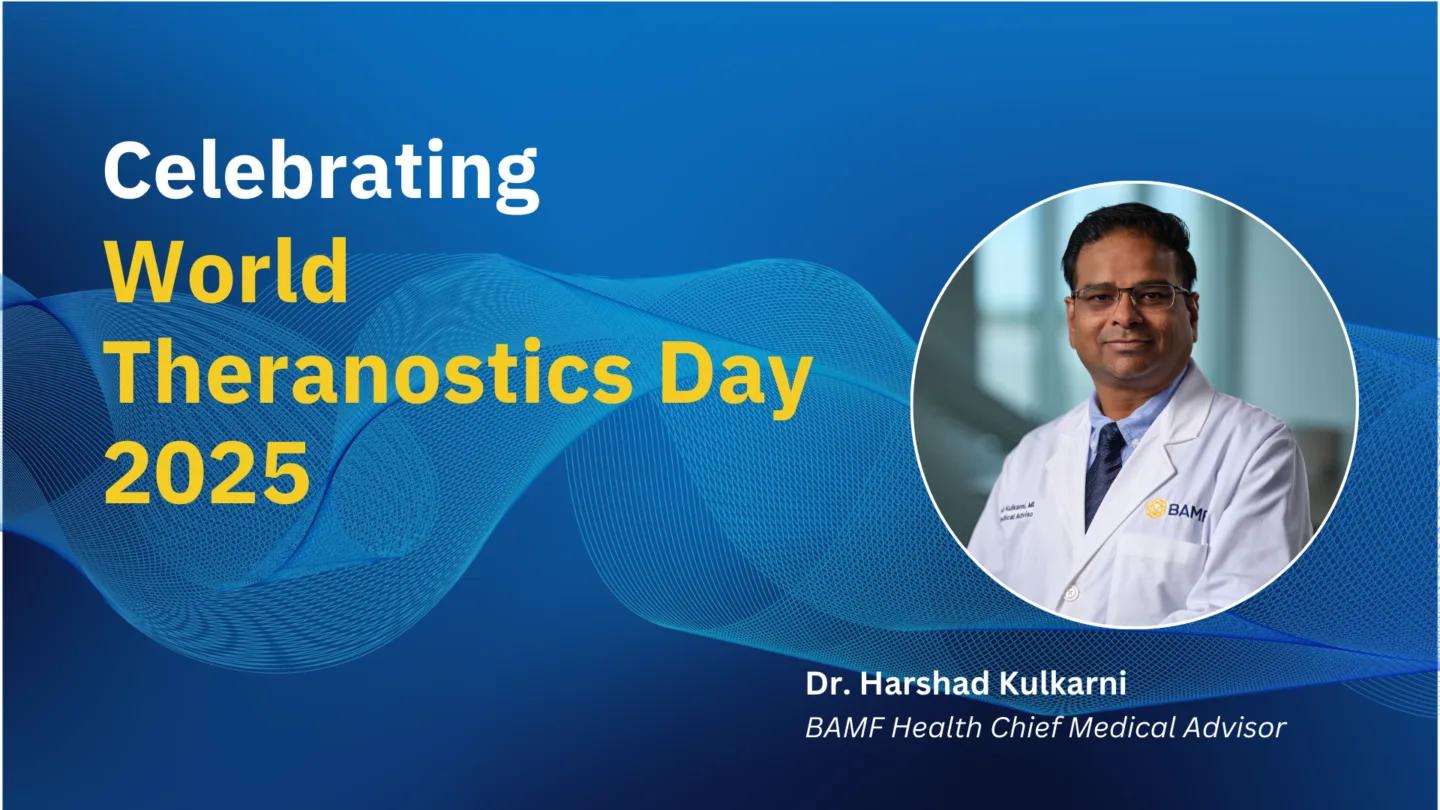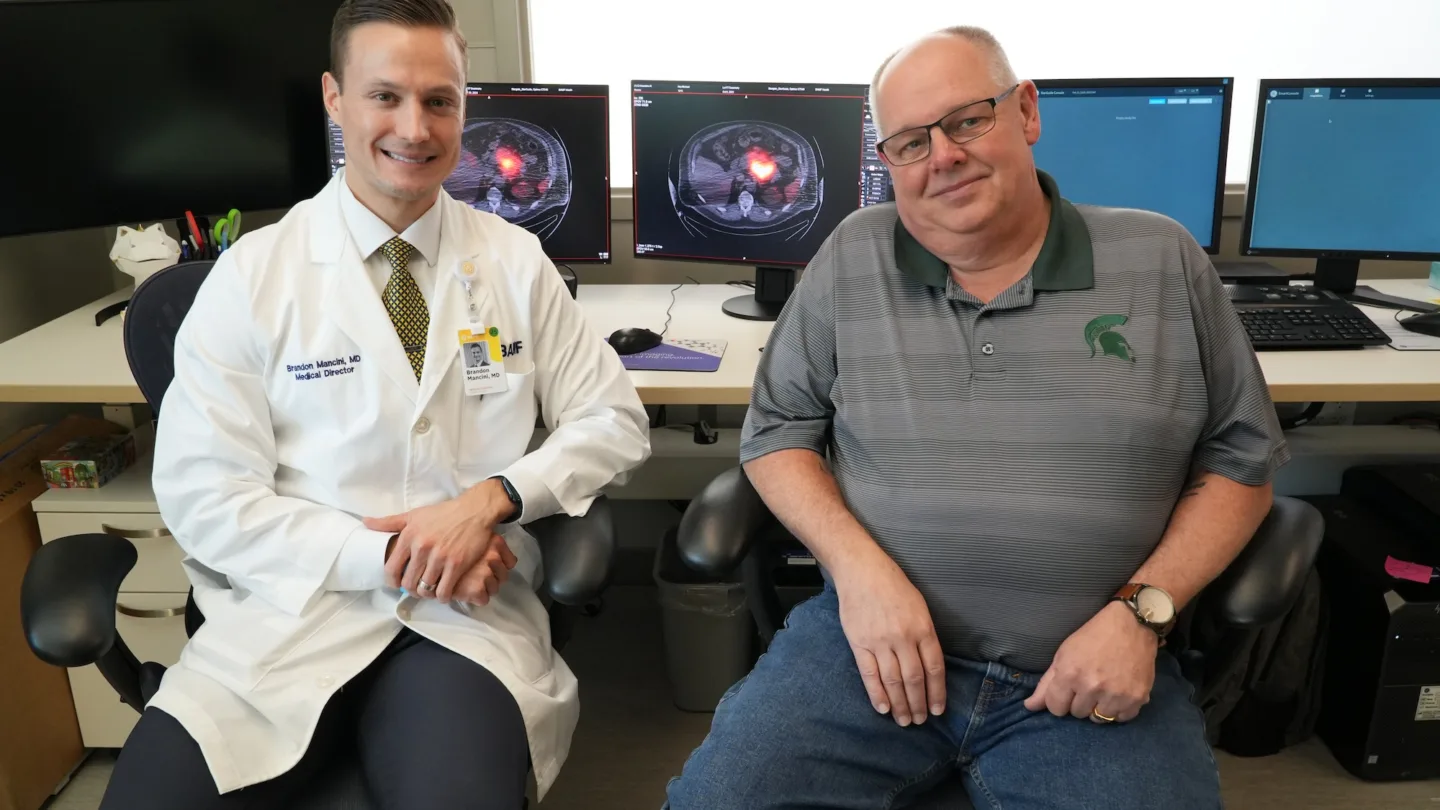
Every year, hundreds of thousands of women in the United States hear the words no one ever wants to hear: “You have breast cancer.” In that moment, their lives change forever, launching them into a whirlwind of medical appointments, treatment decisions, and uncertainty. While advancements in breast cancer research have saved countless lives, many women still face a trial-and-error approach when it comes to treatment. It’s a process filled with unknowns—what will work, what won’t, and how long it will take to see results.
Women deserve more clarity, more options, and better outcomes. That’s why BAMF Health is launching a non-invasive study for those with HR-/HER2+ breast cancer. We want to explore whether cancer cells are expressing certain markers to help evolve treatment options for those with this subset of breast cancer.
The Current Landscape of Breast Cancer Diagnosis and Treatment
Breast cancer is the second most common cancer among women in the U.S. and accounts for nearly 30% of new female cancers diagnosed each year. In 2025, the American Cancer Society estimates that nearly 320,000 new cases of invasive breast cancer will be diagnosed. Among these, hormone receptor-negative (HR-) and human epidermal growth factor receptor-positive (HER2+) breast cancer represents a particularly challenging subset, accounting for about 4% of female breast cancers. Though rare, this type of breast cancer is known for its aggressive nature and higher rates of recurrence and mortality.
Currently, patients with metastatic HR-/HER2+ advanced breast cancer are primarily treated with a combination of chemotherapy and targeted monoclonal antibodies. While these treatments have extended survival for many women, they also come with significant side effects, and not all patients respond well. There is an urgent need for both better diagnostics—to identify this cancer sooner—as well as novel, targeted therapies that can precisely attack cancer cells while minimizing damage to healthy tissues.
The Promise of Radiopharmaceutical Therapy
BAMF Health and leading pharmaceutical companies are advancing an innovative approach called Theranostics. This cutting-edge field combines molecular imaging with targeted radiopharmaceutical therapy. There’s been tremendous success with this strategy in treating prostate cancer and neuroendocrine tumors. Now, there’s a push to bring the same benefits to women with breast cancer.
The concept is simple yet revolutionary: if an imaging agent can identify whether lesions are expressing a certain target, then, in the future, that same target could be used to deliver radiopharmaceutical treatment.
There is currently no FDA-approved radiopharmaceutical treatment for breast cancer.
An Innovative Clinical Trial at BAMF Health
This Phase 0 clinical trial is focused on identifying a target in those with HR-/HER2+ metastatic breast cancer. With a clear target for this patient population, a treatment could be developed that changes lives.
“Each trial, like this one, is a building block toward understanding whether precision medicine can improve imaging and therapy or not,” said Dan Rogers, BAMF Health Director of Clinical Trials. “We want to be a force, along with our active West Michigan and beyond community, in rapidly making more and better care options available.
Who Can Participate?
We are currently enrolling women who meet the following criteria:
- Age 18+
- Biopsy-confirmed HR-/HER2+ metastatic breast cancer
- At least one tumor lesion visible on CT or MRI imaging
Additional details, as well as exclusion criteria, can be found here.
What to Expect
Participation in the study is simple and requires only a one-time visit to BAMF Health for a PET scan. Here’s what you need to know:
- The appointment will take approximately 4-6 hours.
- Participants will receive a $500 stipend for time and travel expenses.
- The PET scan image will be shared with the patient’s physician, if desired.
Join Us in Advancing Breast Cancer Treatment
New breakthroughs in cancer treatment can’t happen without the courage and participation of women like you. By joining this trial, you are not only taking control of your own care but also helping to shape the future of breast cancer treatment for women everywhere.
If you think you or a loved one qualifies for this study, we encourage you to take the next step. Together, we can make a difference.


